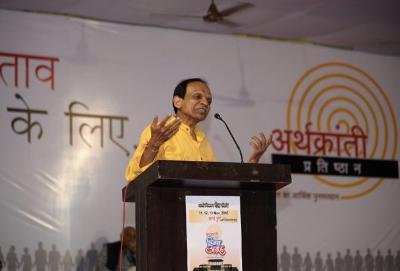कर्नाटक सरकार द्वारा गत 10 नवंबर, 2016 को टीपू सुल्तान की जयंती मनाए जाने के मुद्दे पर जमकर विवाद और हंगामा हुआ। पिछले वर्ष, इसी कार्यक्रम का विरोध करते हुए तीन लोग मारे गए थे। टीपू सुल्तान की जयंती मनाए जाने का विरोध मुख्यतः आरएसएस-भाजपा और कुछ अन्य संगठनों द्वारा किया जा रहा है। इनका कहना है कि टीपू एक तानाशाह था, जिसने कोडवाओं का कत्लेआम किया, कैथोलिक ईसाईयों का धर्मपरिवर्तन करवाया और उनकी हत्याएं कीं, कई ब्राह्मणों को जबरदस्ती मुसलमान बनाया और अनेक मंदिरों को तोड़ा। यह भी कहा जाता है कि उन्होंने कन्नड़ की बजाए फारसी भाषा को प्रोत्साहन दिया। दूसरी ओर, कुछ अन्य लोगों का कहना है कि टीपू एक अत्यंत लोकप्रिय राजा थे और उनकी वीरता के किस्से अब भी नाटकों और लोकगीतों का विषय हैं। वे एकमात्र ऐसे भारतीय राजा थे जो ब्रिटिश शासकों से लड़ते हुए मारे गए। प्रसिद्ध रंगकर्मी गिरीश कर्नाड ने तो यहां तक मांग की है कि बैंगलोर के नए हवाईअड्डे का नाम टीपू सुल्तान के नाम पर रखा जाना चाहिए। कर्नाड ने यह भी कहा है कि अगर टीपू हिन्दू होते तो उन्हें कर्नाटक में उतने ही सम्मान की दृष्टि से देखा जाता, जितने सम्मान से महाराष्ट्र में शिवाजी को देखा जाता है।
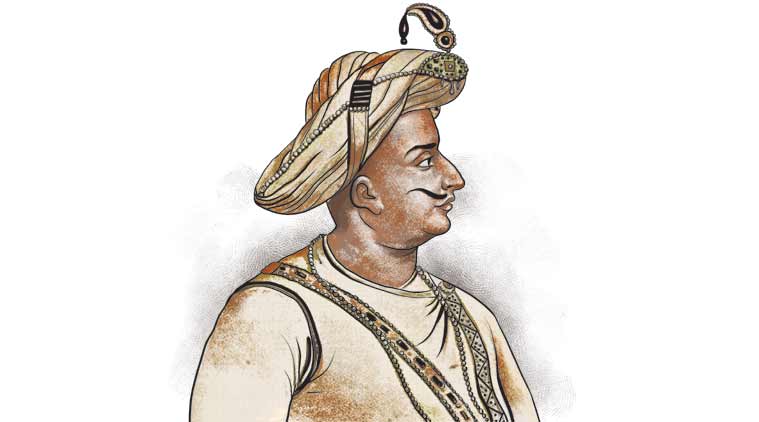
यह दिलचस्प है कि कर्नाटक भाजपा के अध्यक्ष बीएस येदियुरप्पा ने जब 2010 में भाजपा को छोड़कर अपनी पार्टी बनाई थी, तब उन्होंने मुस्लिम मतदाताओं को आकर्षित करने के लिए टीपू सुल्तान जैसी टोपी पहनी थी और तलवार हाथ में उठाई थी। आज वे ही टीपू सुल्तान का जन्मदिन मनाए जाने के विरोध का नेतृत्व कर रहे हैं। यह भी दिलचस्प है कि आरएसएस द्वारा 1970 के दशक में प्रकाशित भारत-भारती पुस्तक श्रृंखला में टीपू को एक देशभक्त नायक के रूप में प्रस्तुत किया गया था। आज वे ही लोग टीपू सुल्तान को एक धर्मांध शासक बता रहे हैं। संघ परिवार द्वारा एक ट्रेन का नाम टीपू पर रखे जाने का भी विरोध किया गया था। ऐसा आरोप लगाया जा रहा है कि टीपू सुल्तान ने अपने सेनापतियों को पत्र लिखकर यह कहा था कि काफिरों का सफाया कर दिया जाना चाहिए। यह कहा जाता है कि ये पत्र अब ब्रिटिश सरकार के कब्ज़े में हैं। जब विजय माल्या ने लंदन में आयोजित एक नीलामी में टीपू की 42 इंच लंबी तलवार खरीदी थी तब भी बहुत बवाल मचा था। टीपू को लेकर समय-समय पर विवाद होते रहे हैं।
टीपू सुल्तान कौन थे? उनका स्वाधीनता संग्राम में क्या योगदान था? टीपू ने अपना राज्य अपने पिता हैदर अली से उत्तराधिकार में पाया था। युद्ध लड़ने की तकनीकी के विकास में हैदर और टीपू का योगदान सर्वज्ञात है। उन्होंने अंग्रेज़ों के विरूद्ध अपने युद्धों में मिसाइलों का इस्तेमाल किया था। अंग्रेज़ों के साथ हुए उनके युद्ध बहुत प्रसिद्ध हैं। हैदर और टीपू ने ब्रिटिश साम्राज्य के भारत में विस्तार को रोकने में महती भूमिका अदा की थी। टीपू की राजनीति, धर्म पर आधारित नहीं थी। उलटे इतिहास में यह दर्ज है कि उन्होंने हिन्दू मठों को दान दिया था, यद्यपि इसके पीछे भी हिन्दुओं का समर्थन हासिल करने की राजनैतिक मंशा थी। सच यह है कि चूंकि टीपू ने अंग्रेज़ों के खिलाफ लंबी लड़ाई लड़ी थी इसलिए उन्होंने उसका दानवीकरण किया।
टीपू ने मराठाओं और हैदराबाद के निज़ाम से पत्रव्यवहार कर उनसे यह अनुरोध किया था कि वे अंग्रेज़ों का साथ न दें क्योंकि अंग्रेज़, उस क्षेत्र के अन्य राजाओं से बिलकुल भिन्न हैं और यदि उनका राज कायम होता है तो यह पूरे क्षेत्र के लिए एक बड़ी आपदा होगी। उनकी इसी सोच ने उन्हें अंग्रेज़ों के खिलाफ अनवरत युद्ध करने की प्रेरणा दी। ऐसे ही एक युद्ध में उन्हें अपने जीवन से हाथ धोना पड़ा। परंतु वे आज भी कर्नाटक के लोगों की स्मृतियों में जिंदा हैं। उन पर केन्द्रित कई नाटक और गीत (लावणी) हैं। जनता के बीच उनकी लोकप्रियता के कारण ही वे आज भी कर्नाटक के एक महत्वपूर्ण ऐतिहासिक व्यक्तित्व बने हुए हैं।
जहां तक कन्नड़ और मराठी के साथ-साथ फारसी भाषा का इस्तेमाल करने की उनकी नीति का प्रश्न है, हमें यह समझना होगा कि उस समय भारतीय उपमहाद्वीप में फारसी ही राजदरबारों की भाषा थी। टीपू कतई धर्मांध नहीं थे। कांची कामकोटि पीठम के शंकराचार्य को लिखे एक पत्र में उन्होंने शंकराचार्य को ‘जगतगुरू’ (विश्व का शिक्षक) कहकर संबोधित किया और उनके मठ को बड़ी राशि दान के रूप में दी। इसके विपरीत, रघुनाथ राव पटवर्धन की मराठा सेना ने मैसूर के बेदानूर पर हमला कर श्रंगेरी मठ में लूटपाट की। मराठा सेना ने मठ को अपवित्र किया। शंकराचार्य ने इस बारे में टीपू को लिखा। टीपू ने पूरे सम्मान के साथ मठ की पुनर्प्रतिष्ठा की। उन्होंने श्रीरंगपट्नम के मंदिर को दान भी दिया। उनके राज में मैसूर में दस दिन तक दशहरा बड़े जोरशोर से मनाया जाता था और वाडियार परिवार का कोई सदस्य इस आयोजन का नेतृत्व करता था। ऐसा कहा जाता है कि उनके पिता, मध्य कर्नाटक के चित्रदुर्गा के एक सूफी संत थिप्पेरूद्रस्वामी के अनन्य भक्त थे।
टीपू के महामंत्री एक ब्राह्मण थे जिनका नाम पुरनैया था। उनके कई मंत्री भी ब्राह्मण थे। उन्होंने जो भी गठबंधन किए उसके पीछे धर्म नहीं बल्कि अपनी ताकत में इज़ाफा करने का प्रयास था। अपनी पुस्तक ‘सुल्तान-ए-खुदाद’ में सरफराज़ शैख ने ‘टीपू सुल्तान का घोषणापत्र’ प्रकाशित किया है, जिसमें उन्होंने स्पष्ट शब्दों में यह घोषणा की है कि वे धर्म के आधार पर किसी के साथ भेदभाव नहीं करेंगे, अपनी आखिरी सांस तक अपने साम्राज्य की रक्षा करेंगे और ब्रिटिश शासन को उखाड़ फेकेंगे। यह सही है कि कुछ विशिष्ट समुदाय उनके निशाने पर थे। इस संबंध में टिप्पणी करते हुए इतिहासविद केट ब्रिटलबैंक लिखती हैं कि ‘‘उन्होंने ऐसा धार्मिक कारणों से नहीं बल्कि उन समुदायों को सज़ा देने के लिए किया था’’। उन्होंने जिन समुदायों को निशाना बनाया, वे वह थे जो उनकी दृष्टि में साम्राज्य के प्रति वफादार नहीं थे। तथ्य यह है कि उन्होंने माहदेवी जैसे कई मुस्लिम समुदायों को भी निशाना बनाया। ये समुदाय वे थे जो अंग्रेज़ों के साथ थे और ईस्ट इंडिया कंपनी की सेना के घुड़सवार दस्ते के सदस्य थे। एक अन्य इतिहासविद सूसान बैले लिखती हैं कि अगर टीपू ने अपने राज्य के बाहर हिन्दुओं और ईसाईयों पर हमले किए तो यह भी ध्यान में रखा जाना चाहिए कि अपने राज्य में रहने वाले इन्हीं समुदायों के सदस्यों के साथ उनके मधुर रिश्ते थे।
टीपू को मुस्लिम कट्टरपंथी के रूप में प्रस्तुत करना अंग्रेज़ों के हित में था। उन्होंने यह प्रचार किया कि वे टीपू की तानाशाही से त्रस्त गैर-मुसलमानों की रक्षा के लिए टीपू के खिलाफ युद्ध कर रहे हैं। यह मात्र एक बहाना था। कहने की आवश्यकता नहीं कि आज के ज़माने में हम राजाओं और नवाबों का महिमामंडन नहीं कर सकते। वे हमारे राष्ट्रीय नायक नहीं हो सकते। परंतु इसके बाद भी, टीपू, भारतीय उपमहाद्वीप के विभिन्न हिस्सों में तत्समय राज कर रहे भारतीय राजाओं से इस अर्थ में भिन्न थे कि वे अंग्रेज़ों के भारत में अपना राज कायम करने के खतरों को पहले से भांप सके। वे अंग्रेज़ों के खिलाफ युद्ध में सबसे पहले अपनी जान न्यौछावर करने वालों में से थे। भारत में स्वाधीनता आंदोलन, टीपू के बहुत बाद पनपना शुरू हुआ और इसमें आमजनों की भागीदारी थी। टीपू के बलिदान को मान्यता दी जाना ज़रूरी है। आज साम्प्रदायिक विचारधारा के बोलबाले के चलते टीपू जैसे नायकों का दानवीकरण किया जा रहा है। अंग्रेज़ों के खिलाफ युद्ध में टीपू की भूमिका को नज़रअंदाज नहीं किया जा सकता।
(मूल अंग्रेजी से हिन्दी रूपांतरण अमरीश हरदेनिया)


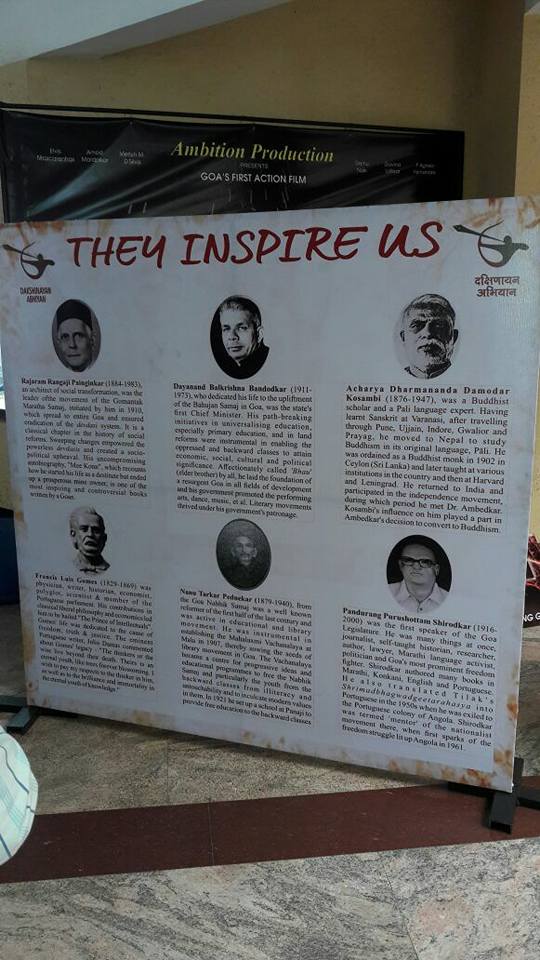
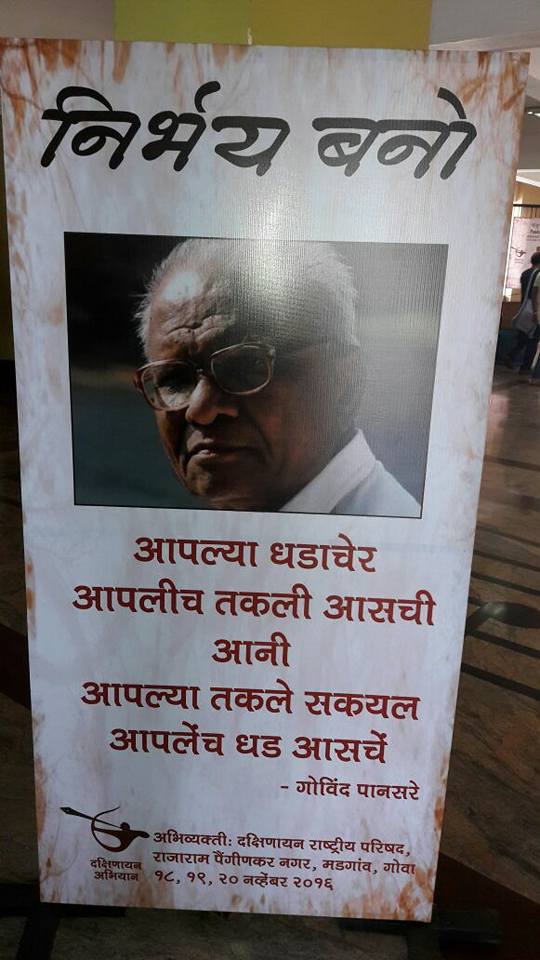

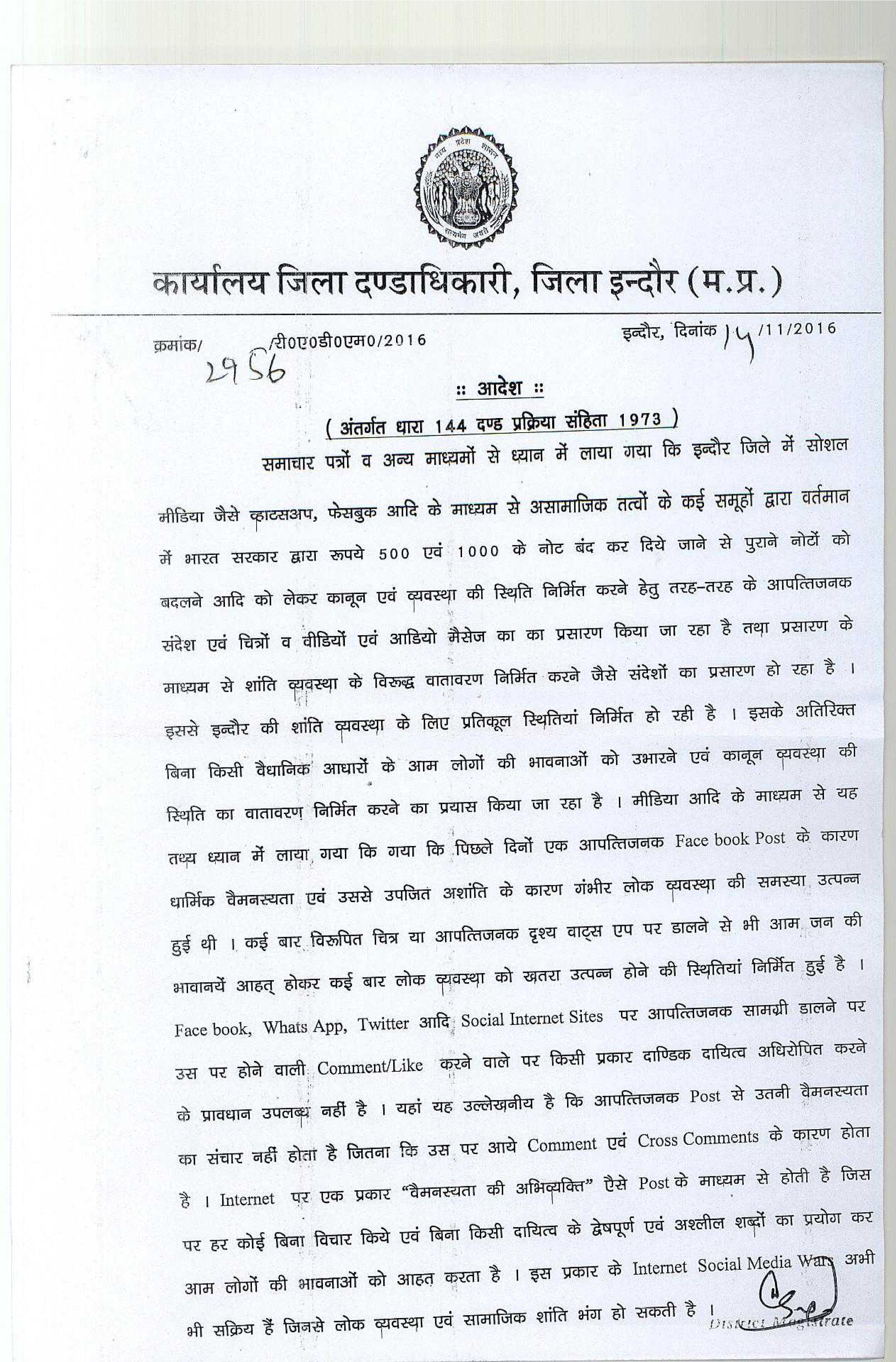
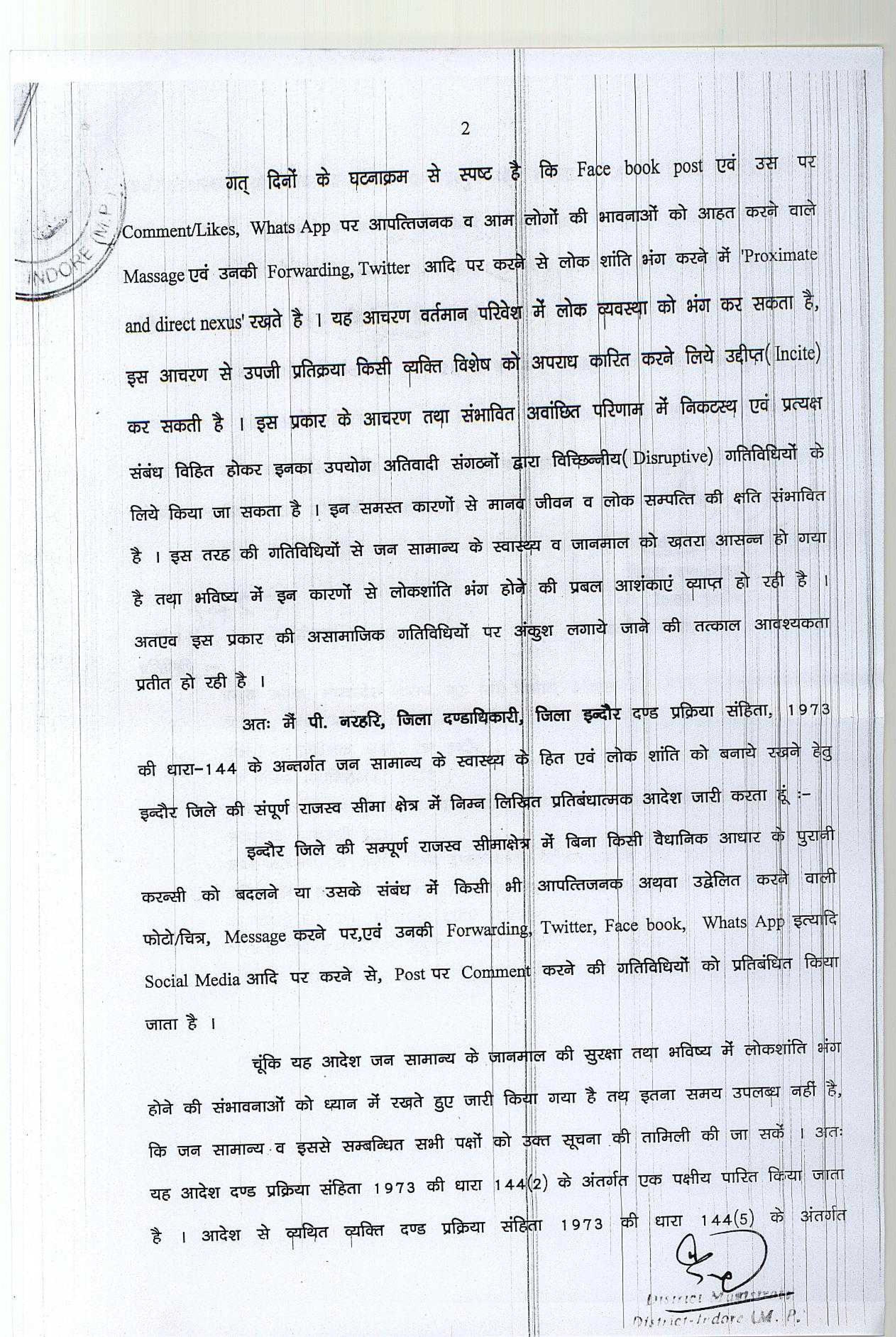
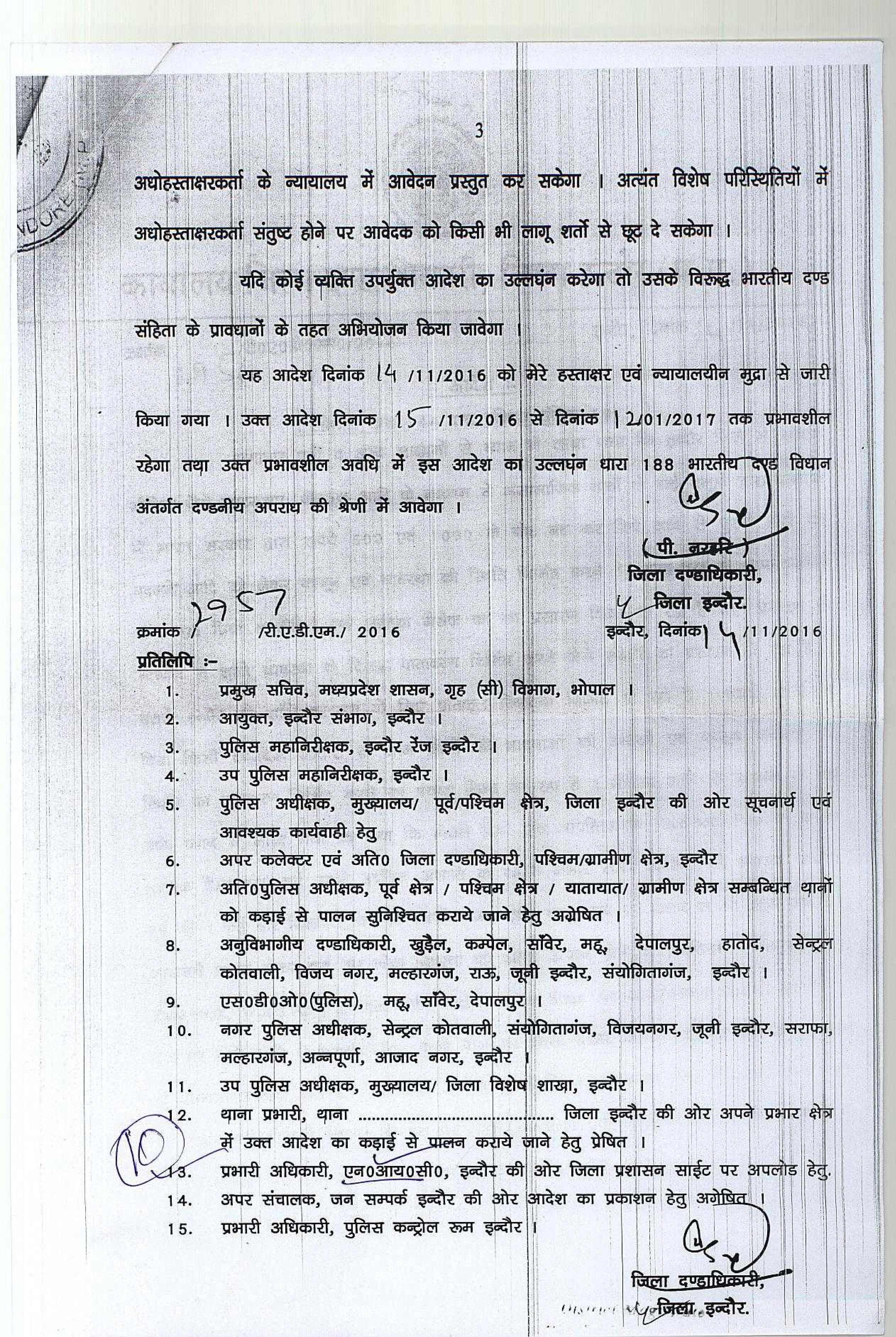


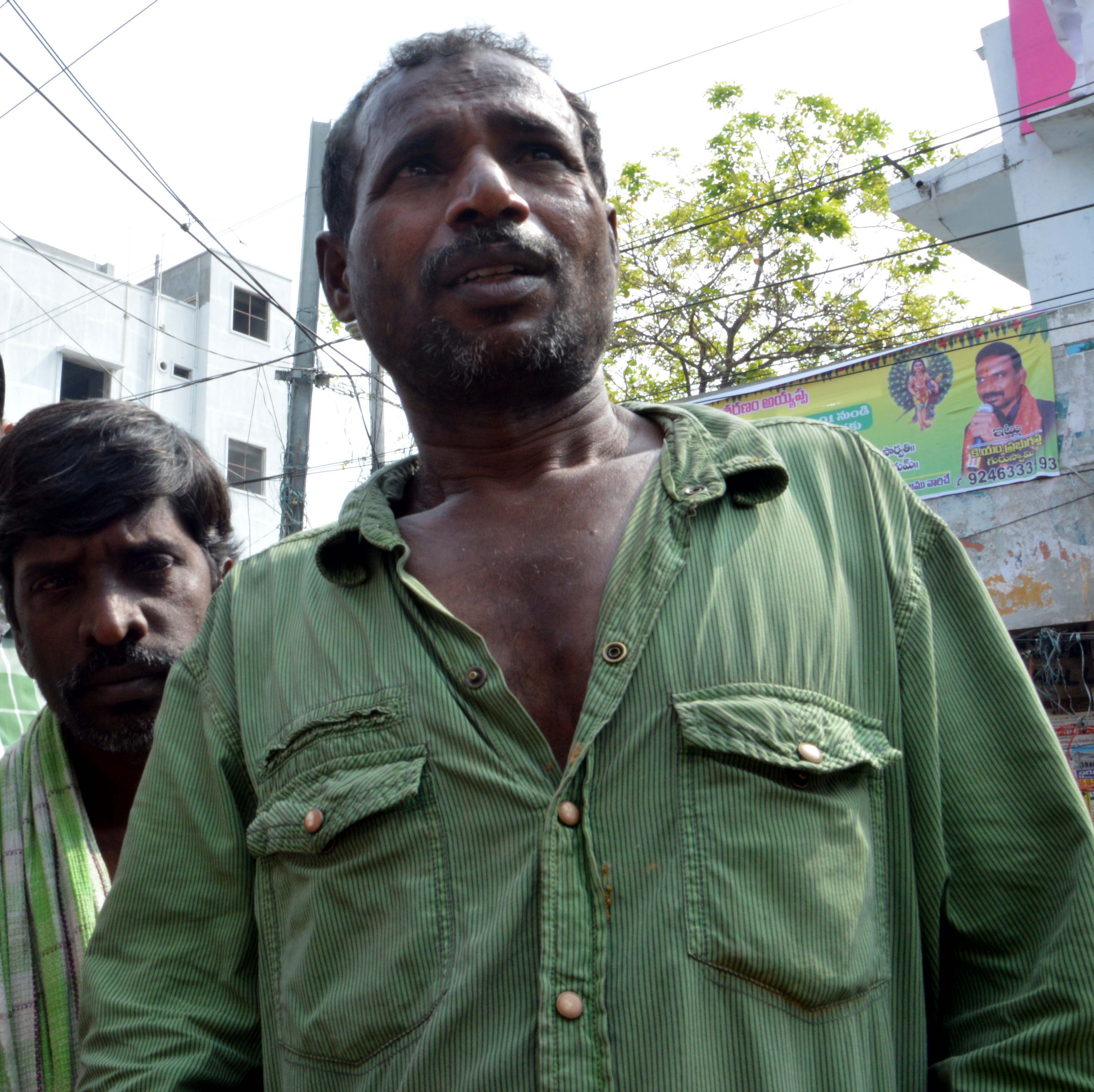

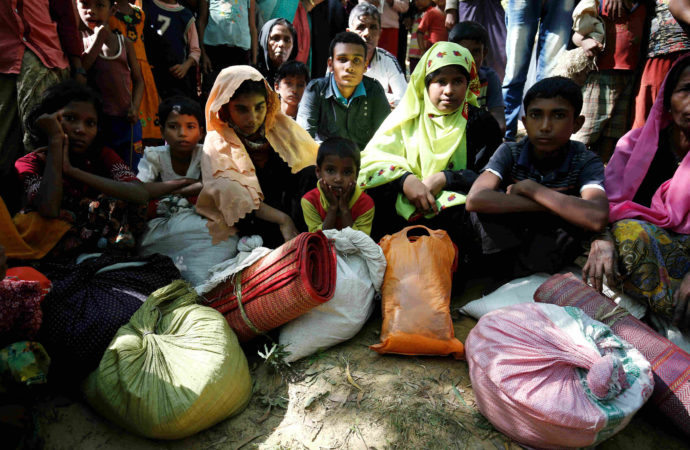
![Satellite images show destruction across five villages [HRW]](http://www.dhakatribune.com/assets/uploads/2016/11/myanmar-300x169.jpg)








